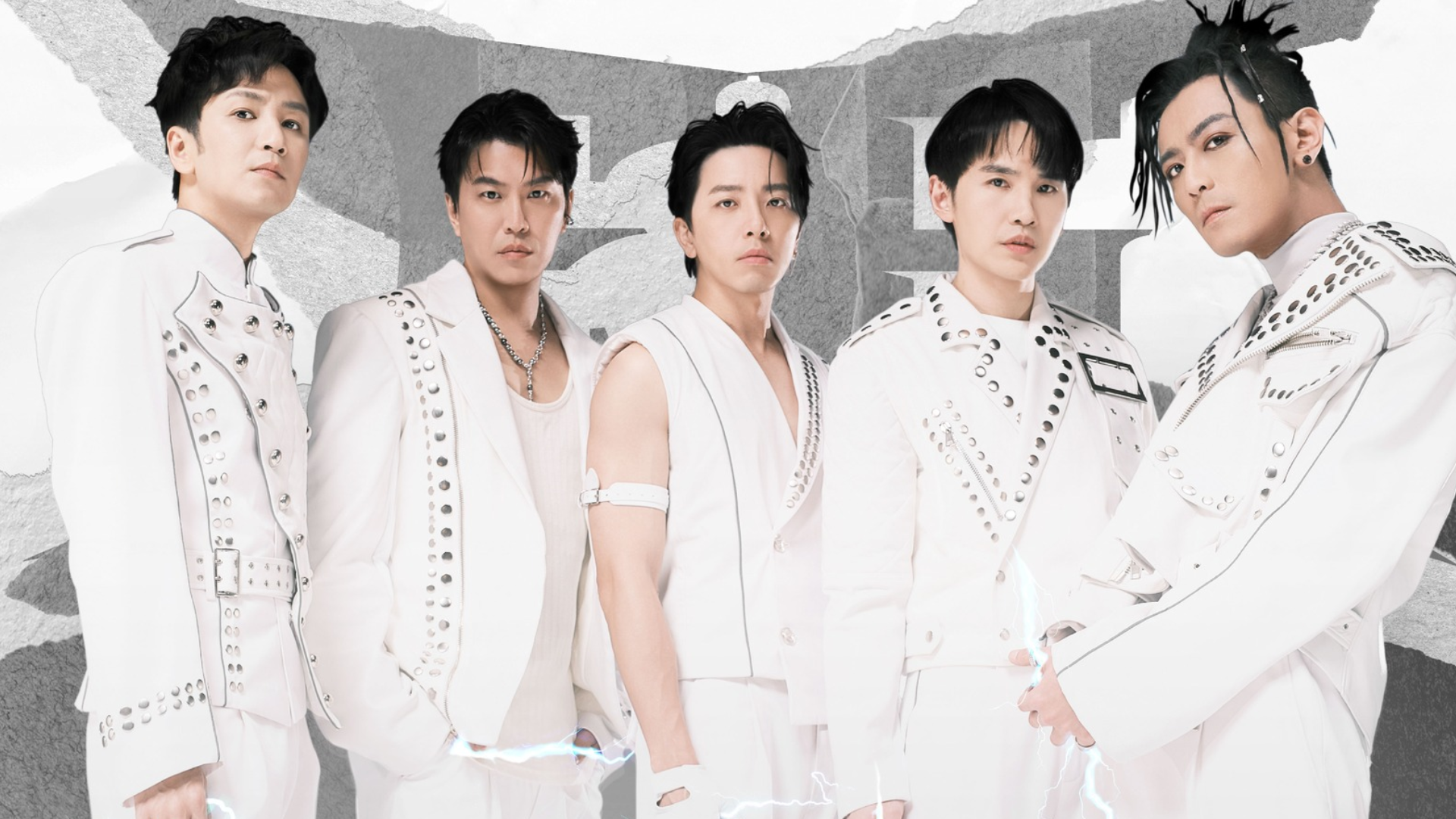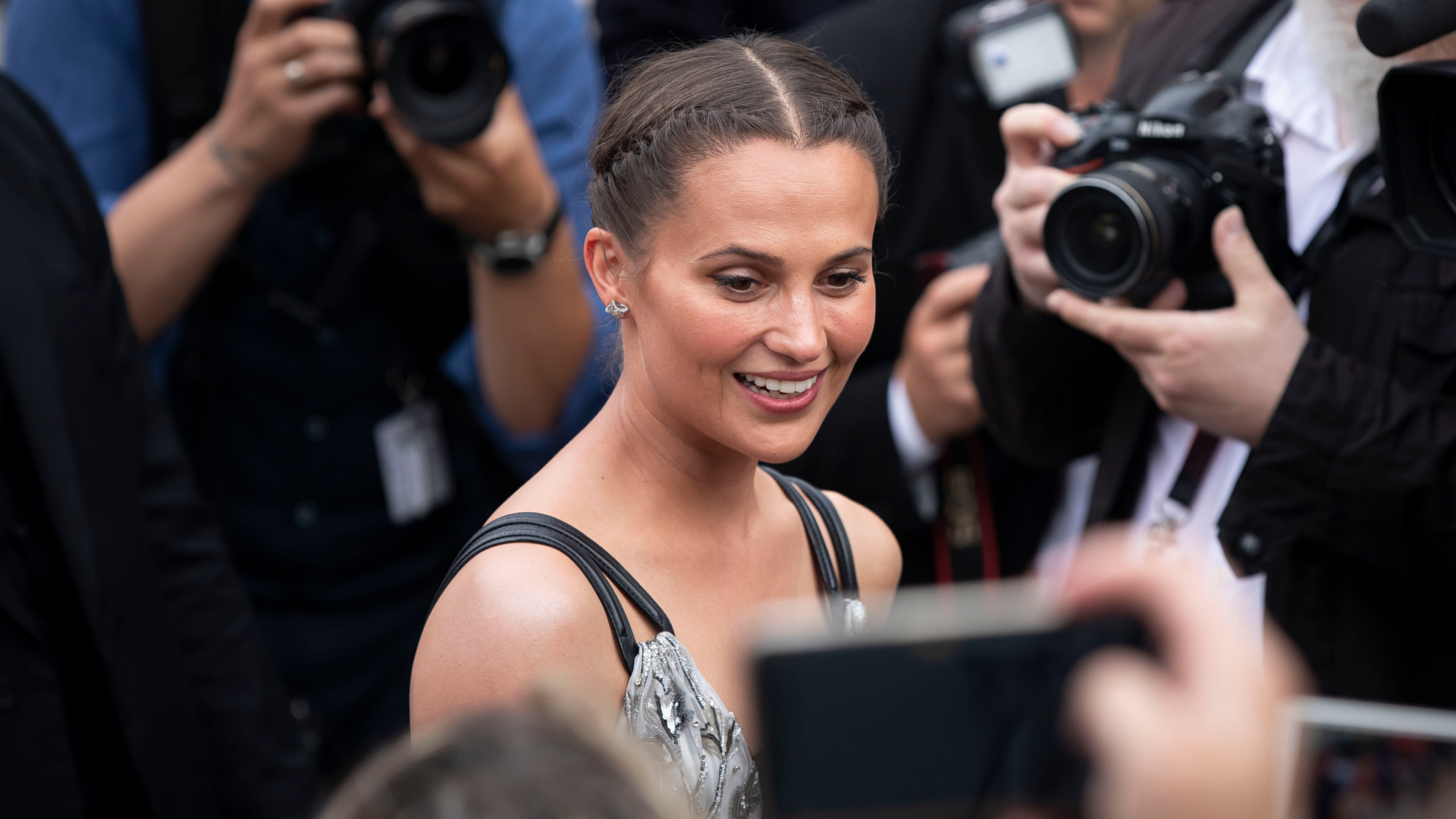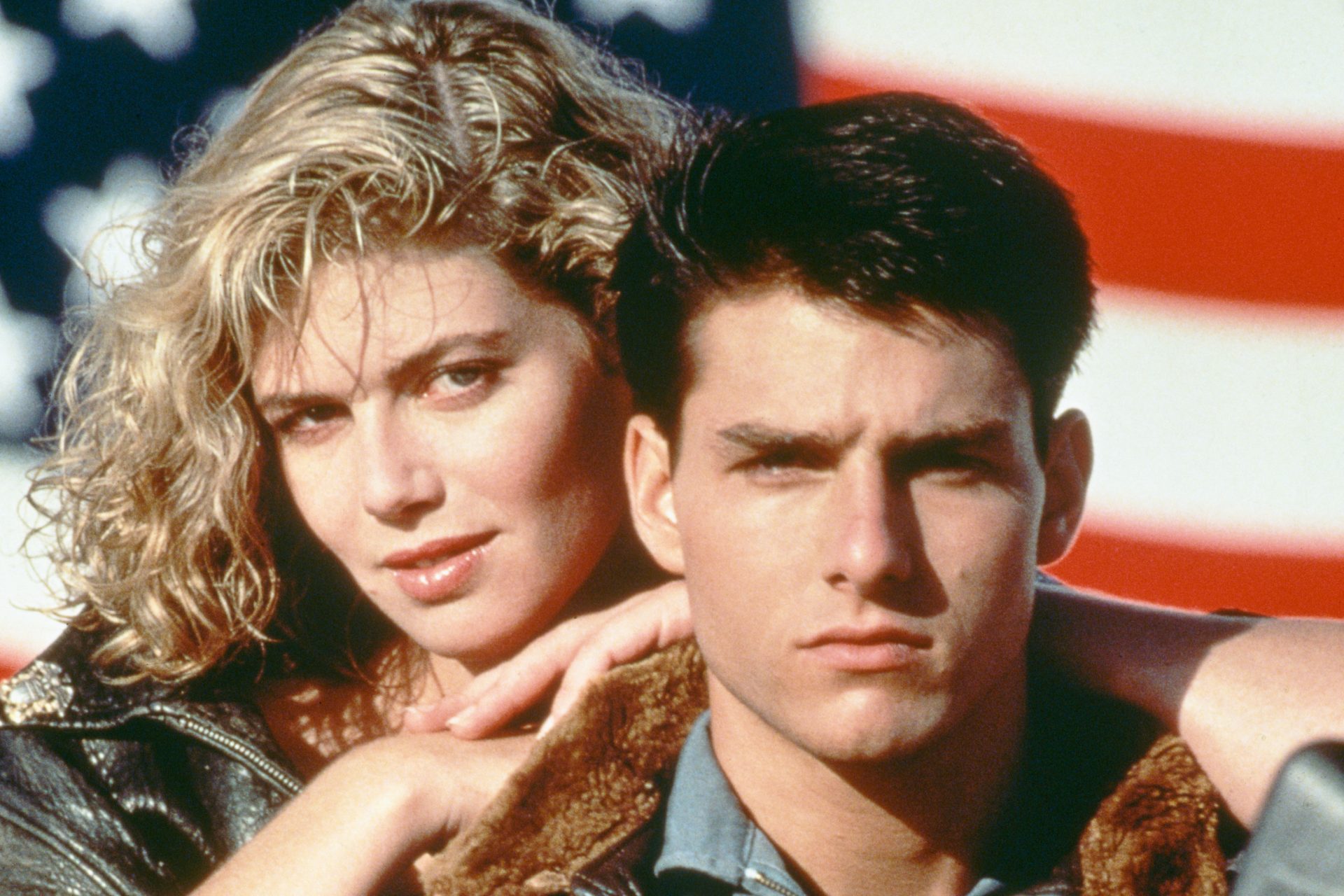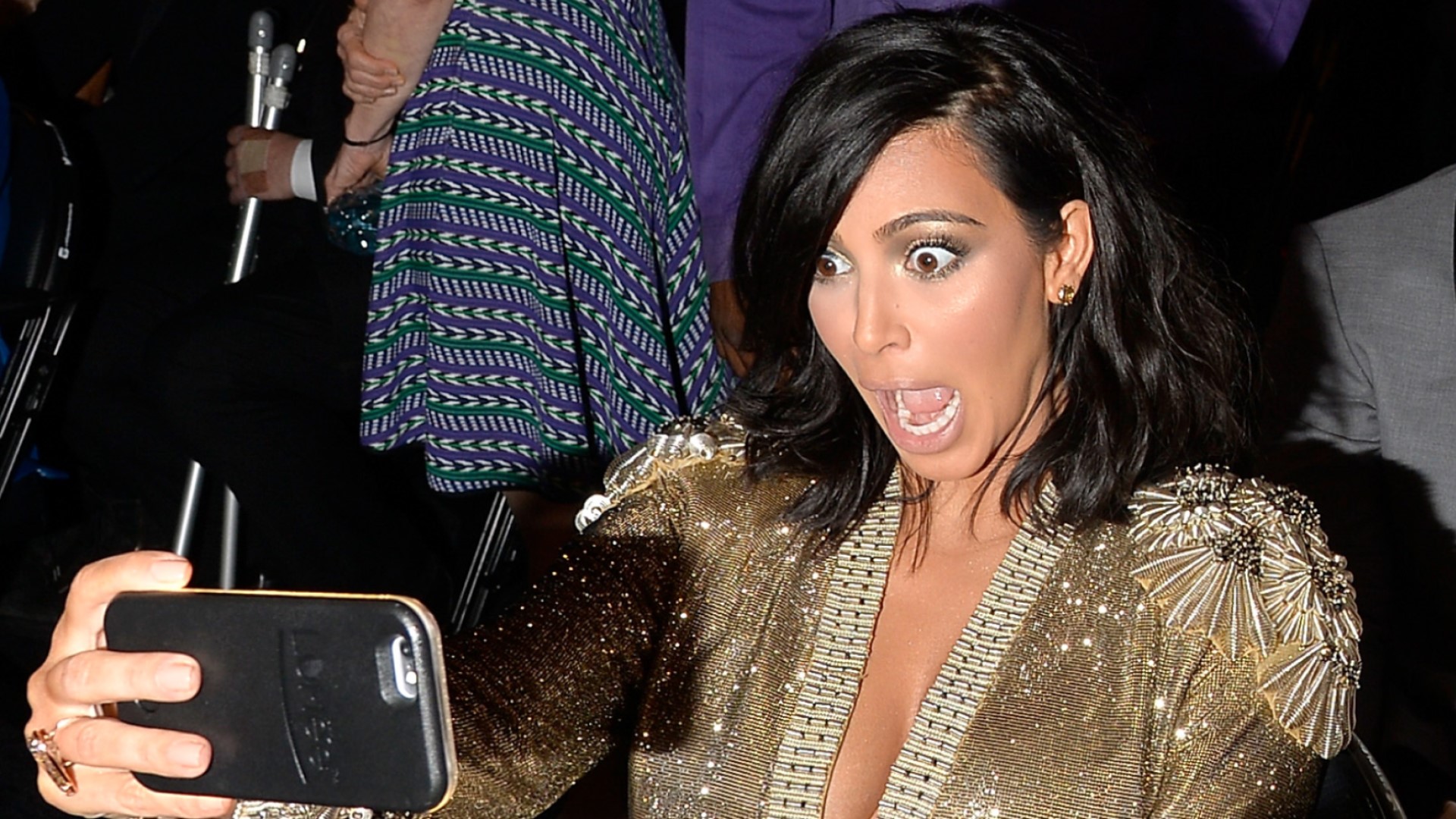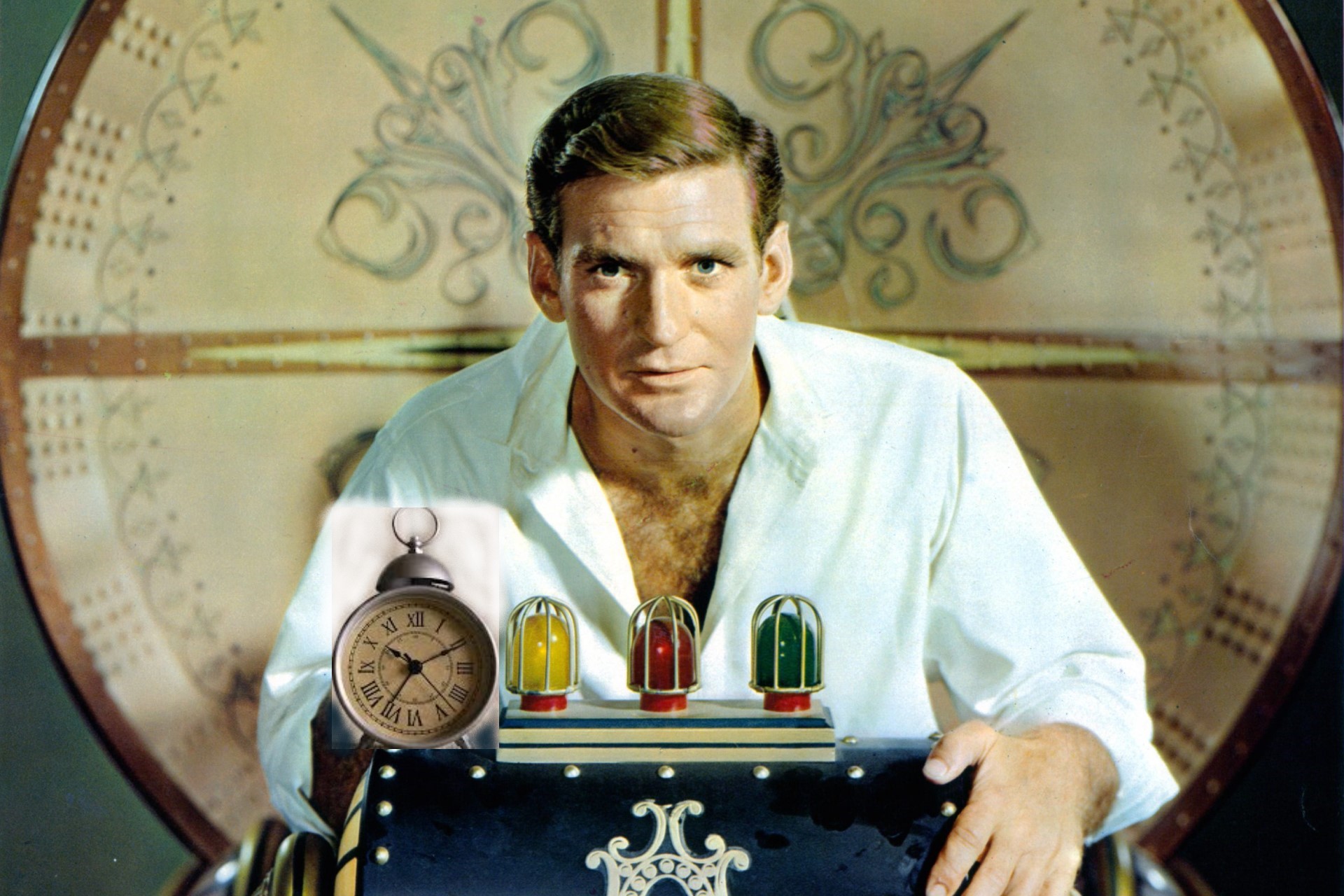The star who renounced the Queen's honors over 'toxicity' of British Empire
In a "thanks, but no thanks" moment, the Scottish actor Alan Cummings announced that he returned his Most Excellent Order of the British Empire award and title over the “toxicity” of the empire he was supposed to be representing. Here’s the story.
In 2009, the Queen made Cumming part of the Most Excellent Order of the British Empire — an order of chivalry established by King George V in 1917 to recognize outstanding service to the arts and sciences, public services outside the civil service, and work with charitable and welfare organizations.
No. There are five classes of the order: Knight Grand Cross, Knight Commander, Commander, Officer, and Member. Cumming was made an Officer, the fourth highest level, and not quite a knight. Only knights can use “sir” or “dame,” but he could have signed off his emails as “Alan Cumming, Officer of the British Empire.”
Cumming was awarded not only for his work as an actor but also for “activism for equal rights for the gay and lesbian community” in the USA. At the time, 14 years ago, he said he was “really shocked and delighted to receive this honour. I am especially happy to be honoured for my activism as much as for my work.”
On his Instagram, Cumming said his LGBTQ activism was in the context of a highly oppressive environment for the queer community. Under the Clinton administration, there were policies in place to ensure gay couples couldn’t get married or that openly gay people couldn’t serve in the military.
“The fight for equality for the LGBT community in the US is something I am very passionate about, and I see this honour as encouragement to go on fighting for what I believe is right and for what I take for granted as a UK citizen,” said the actor with dual citizenship at the time. In 2009, the UK recognized same-sex civil partnerships, which offered most, but not all, of the rights and benefits of marriage.
The actor identifies as bisexual. He was married for eight years to actress Hilary Lyon, but he has been in a relationship with American illustrator Grant Shaffer since 1999. They became civil partners in London in 2007 but lived together in Manhattan.
Fourteen years after being named an Officer of the British Empire, the situation for gay people in America had changed dramatically. Cumming legally married his partner in New York in 2012, shortly after it was legalized in the state. “Thankfully, times and laws in the US have changed, and the great good the award brought to the LGBTQ+ cause back in 2009 is now less potent,” Cumming wrote on Instagram in January 2023.
The British monarchy has come under much scrutiny lately. Cumming said Queen Elizabeth’s death led to some conversations that “opened” his eyes.
Cumming said he began realizing all the harm the British Empire caused to indigenous people across the world; how it profited from their suffering and caused the death of so many people. Given what he now knows, he said the LGBTQ cause has become “less potent than the misgivings I have being associated with the toxicity of empire.”
Cumming told his social media followers that he returned the award, renounced the order and explained to the monarchy his reasons for returning it, but also expressed his gratitude. He was euphoric: “I’m now back to being plain old Alan Cumming again. Happy birthday to me!” he wrote.
The conservative British magazine The Spectator slammed Cumming’s decision as a “bizarre stunt.” The columnist said that it’s one thing to directly refuse the order, “but it’s quite another to do as Cumming has done which is accept the Order of the British Empire, wear [it] proudly and then renounce it more than a decade later.”
Indeed, hundreds of Brits have directly declined a British honor (a.k.a refuseniks). These include novelists like Joseph Conrad, Aldous Huxley, C.S. Lewis, J.G. Ballard and even Rudyard Kipling; scientists like Francis Crick or Michael Faraday, as well as politicians, artists, business people and mega-celebrities.
The legendary musician turned down a Commander of the British Empire (CBE) in 2000 and a Knighthood in 2003, the same year Mick Jagger accepted his. “I would never have any intention of accepting anything like that,” he told the Sun. “I seriously don’t know what it’s for. It’s not what I spent my life working for.”
The Monty Python actor turned down several offers, including a CBE in 1996, because he said it was “too silly.” He was also offered peerage but denied it because he said it would have meant he'd have to spend winters in Britain.
In 1965, all the Beatles were made Members of the British Empire and accepted the honors. But four years later, John Lennon returned it “as a protest against Britain’s involvement in the Nigeria-Biafra thing, against our support of America in Vietnam and against Cold Turkey slipping down the charts. With love. John Lennon of Bag,” he said in a letter to the Queen. George Harrison also rejected an OBE in 2000, though Paul McCartney went on to be knighted in 1997.
In 2020, the Guardian reported that 443 people had rejected a queen’s honor in a decade (double that of the prior 10 years). “The bigger story is that thousands of people accept them. Aside from the problematic nature of empire, it doesn’t exist anymore,” said Prof Kehinde Andrew, from Birmingham City University, in the article.


















